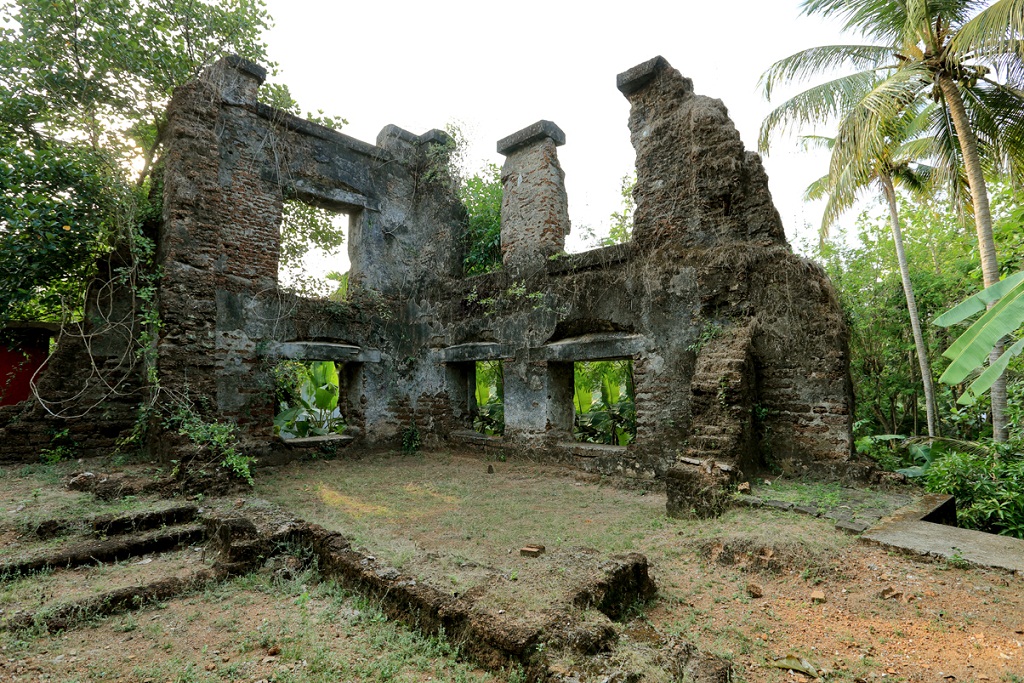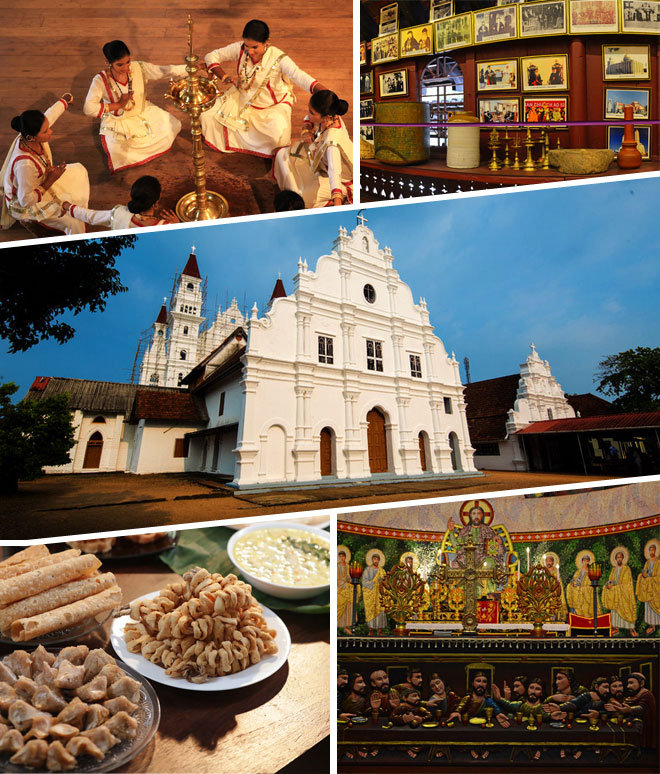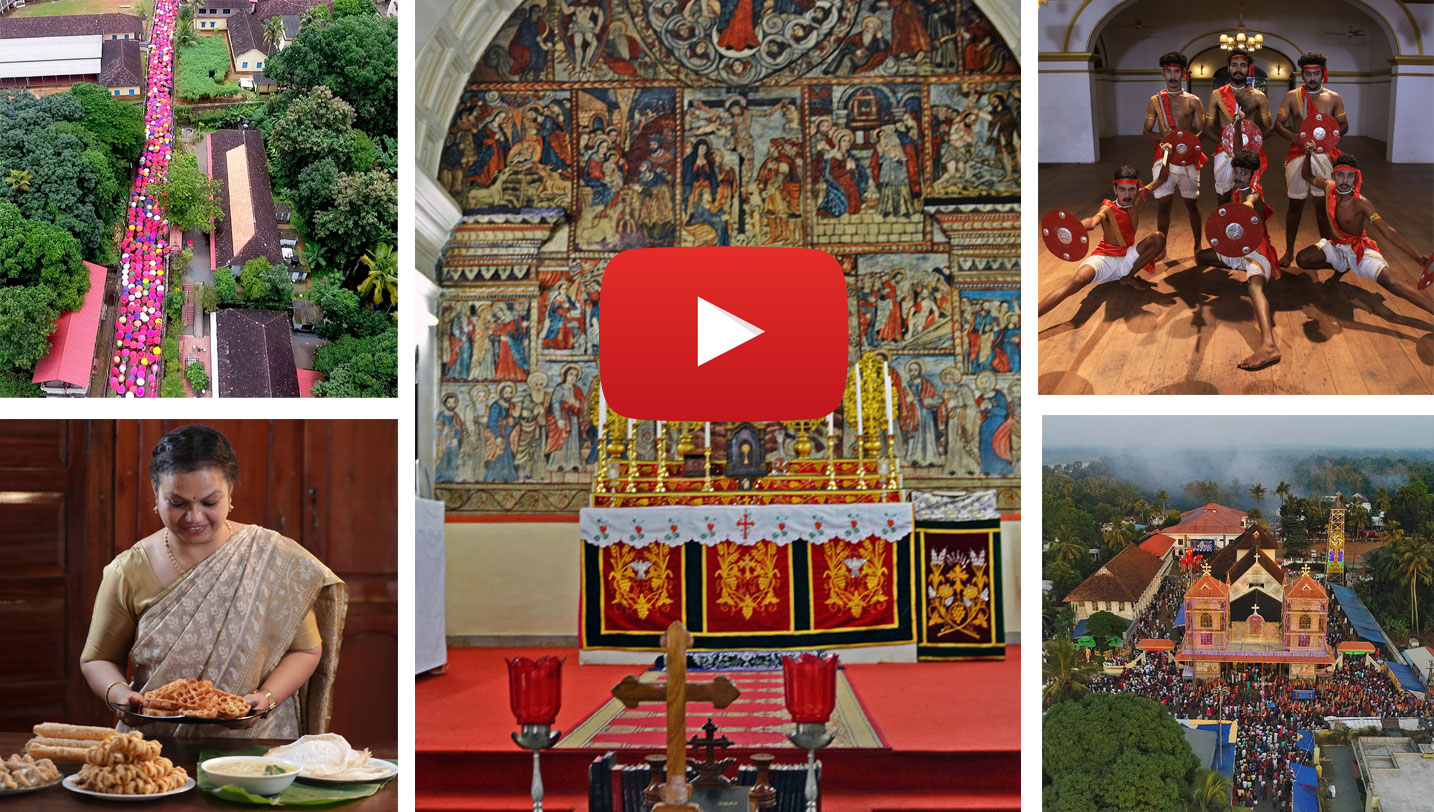Starting of Seminaries

The Chendamangalam seminary existed till 1773. But this seminary, as well as the churches in Chendamangalam and Paravur, was destroyed during the invasion of Tippu Sultan in 1773. A wall of the Chendamangalam seminary is still being conserved. A Carmelite seminary was set up at Varappuzha in 1675. Meanwhile, a Dominican friar, Francis Donathy set up a seminary at Kaduthuruthy in1624. He was killed by pirates in 1630 and hence the functioning of the seminary came to a halt.
Nineteenth century saw the establishment of seminaries in different parts of the country. Baptist and CMS missionaries paid special attention to moulding the local priests in their order. The latter founded a seminary at Kottayam in 1815, which later became the main theological college of the Orthodox Church.
Two members of the Njarakkal diocese, Sankurikkal Geevarghese and Puthanangadi Poulose, who had been studying in Rome, reached Kerala in 1787. Both of them got the designation Malpan. Paramekkal Thoma Kathanar delegated Geevarghese to teach in Kalparambu seminary and Poulose to teach in the Angamaly seminary. Poulinose Pathiri of the 18th century has written about the remnants of seminaries in Angamaly, Edapally and Mylaparambu. The vaults belonging to certain families, could be seen till recently in Angamaly. Malpans used the vaults for prayers and retreat (Christava Vijnanakosham).
_large.jpg)
Syrian – Carmelite seminaries:
All seminaries, except Varappuzha, became extinct by the 19th century. Varappuzha Vicar, Apostolate Mon. Burner Dean wound up Malpanates and entrusted the priest Chavara Kuriakose Elias with the job of establishing seminaries. A seminary that was founded at Mannanam, with two students, in 1833, became the common seminary of the Malanakara Church in due course. Seminaries were opened at Vazhakkulam and Varappuzha Puthenpally in 1866. Seminaries were opened under the leadership of Fr.Chavara at Pulinkunnu in 1868 and at Elathuruthy in 1872.
The efforts of Fr.Chavara Kuriakose Elias:
Syrian Chrisitians were freed from the administration of Varappuzha in 1887, and came under the direct control of Kerala Carmelite Church. During the 15 years of governance of Fr.Chavara, eight seminaries were formed- at Mannanam, Koonammavu, Plasanal, Vazhakkulam, Elathuruthu, Pulinkunnu, Ambazhakadu and Mutholi. Koonamavu went to the Latin Catholic community and Plasanal was wound up following a malaria outbreak. Now, the Kerala Carmelite church has more than 100 seminaries and allied institutions. Fr. Chavara was the pioneer of eco Christianity and he was keen on greening up the precincts of all the institutions.
A seminary was opened on the Mangalapuzha hills under the aegis of the Kodungalloor diocese in 1866 and it was run for the Syrian Christians by the priests of the Kodungalloor Archdiocese. In 1886 the Kodungalloor Archdiocese was wound up and the functioning of the seminary also came to a halt.
The Kollam seminary, that started functioning at Thangassery in 1863, was closed in 1941. Though seminaries were opened in Thrissur, Ernakulam and Kottayam, all three were closed when Mangalapuzha seminary started functioning in 1937. This seminary, being the biggest in Kerala, was raised to Pontifical status in 1964. The Vadavathur seminary was founded in 1962. The Mulanthuruthy Udayagiri seminary belongs to the Malankara Orthodox church. In addition to these, there are the Mar Thoma Theological Seminary of Kottayam and the seminaries and study centres of the CSI, and the Capuchins in the State.
The Theological Seminary in Kottayam, belonging to the Malankara Orthodox church, was founded by Pulikottil Mar Divanasios in 1815. The Mar Thoma Syrian Theological Seminary was set up in Kottayam in 1926 for training students of theology. The United Theological Seminary founded in 1942 in Thiruvananthapuram, belongs to the LMS Mission.
- The Tradition of St. Thomas
- The arrival of St. Thomas
- Seven and half Churches
- Post St. Thomas arrivals
- The scenario before the arrival of Gama
- Missionary Activities
- Descriptions of St. Thomas Christians
- The Padruodo
- Portuguese Forts
- Synod of Diamper
- Latinization of Churches
- Coonan Cross Oath
- Post Koonan Kurissu
- Establishment of churches
- Starting of Seminaries
- Anglo Indians
- Migrations to Malabar

